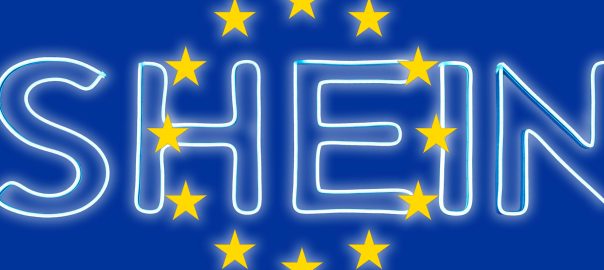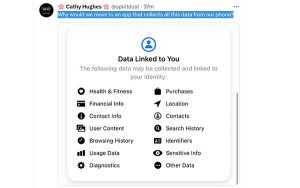Shein is shining so bright in Europe that regulators want to keep a closer eye on it
The fast-fashion retailer was just designated a Very Large Online Platform, or VLOP, which subjects it to stricter EU rules. Here’s what that means.
A substantial European user base—surpassing 108 million monthly users—has put online fast-fashion retailer Shein under the radar of the European Union’s Digital Services Act (DSA), which is aimed at combating illegal and harmful content online, including the distribution of counterfeit goods.
Due to Shein’s expanding popularity among European consumers, the European Commission has officially designated it a Very Large Online Platform (VLOP), a classification assigned to any online platform with a monthly audience exceeding 45 million. This means that the company, founded in China but currently based in Singapore, must now comply with stringent DSA rules by the end of August or potentially face fines amounting to as much as 6% of its global revenue.
Said rules include measures to monitor and mitigate risks associated with illegal content and products as well as enhanced surveillance of illegal items, reinforcement of consumer protection measures, and increased transparency and accountability through annual audits and reports. The commission will supervise Shein’s compliance with the DSA, particularly regarding consumer protection and illegal product dissemination.
“We share the commission’s ambition to ensure consumers in the EU can shop online with peace of mind, and we are committed to playing our part,” Leonard Lin, global head of public affairs at Shein, said in a statement in response to the designation.
The move reflects ongoing efforts by the commission to regulate online platforms, with several VLOPs—including YouTube, Facebook, and AliExpress—and Very Large Online Search Engines (VLOSEs)—such as Google—already designated under the DSA.
The implications for Shein and other affected companies could extend beyond financial penalties to encompass potential shifts in business models and operational strategies.
The EU’s regulatory actions reflect a broader trend of governments worldwide intensifying efforts to regulate online platforms, especially those with ties to China. This underscores the growing importance of global cooperation in addressing digital challenges and ensuring the protection of users’ rights across borders.
Moreover, these developments have wider implications for the global tech industry, highlighting the need for companies to adapt to evolving regulatory landscapes while upholding their commitment to user safety.

ABOUT THE AUTHOR
(13)
Report Post



